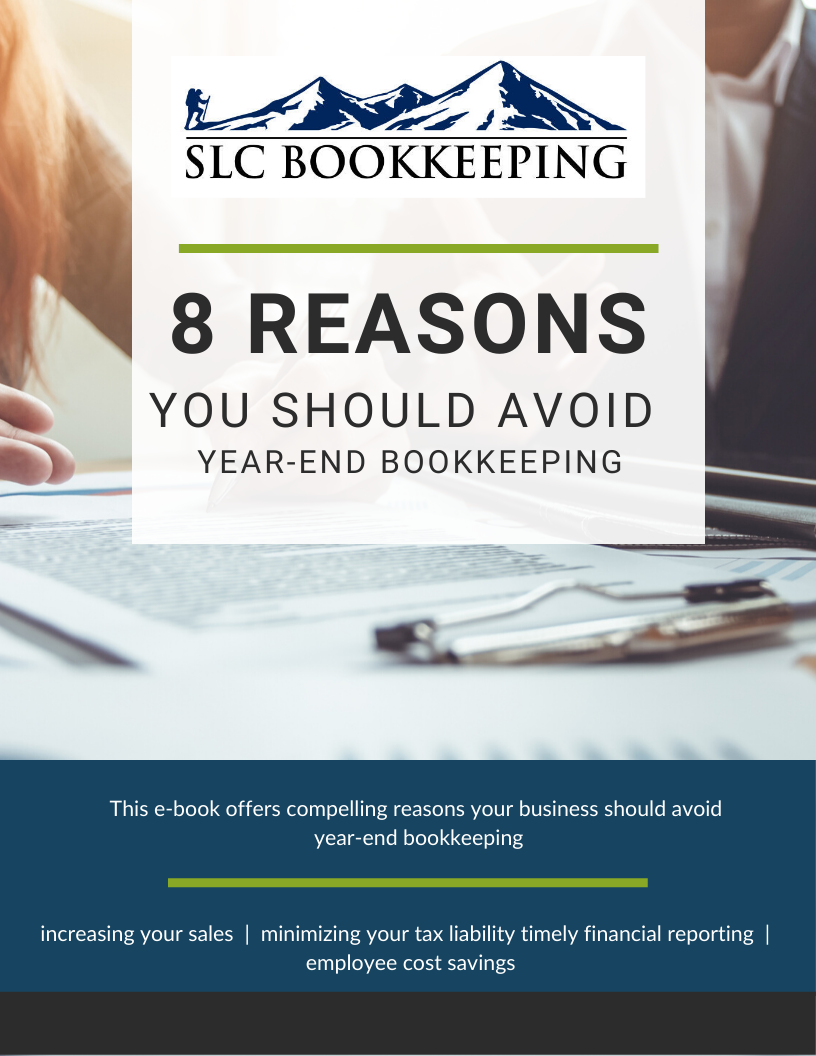Making Tough Choices in Ten Minutes or Less
As small business owners, we invest a lot  of time and energy into making daily decisions. While some of those decisions, like debating which font to use on a business card, aren’t terribly consequential, others can have widespread ramifications and may involve anything from implementing budget cuts to investing in new products or services.
of time and energy into making daily decisions. While some of those decisions, like debating which font to use on a business card, aren’t terribly consequential, others can have widespread ramifications and may involve anything from implementing budget cuts to investing in new products or services.
The problem we often face in making decisions is that once we become overwhelmed, every choice seems like a difficult one. We might find ourselves giving just as much thought to what we should eat for breakfast before the big meeting, as to what we’re actually going to say when we get there. At the same time, every decision we make has the potential to lead to even more decisions:
- Should I bring up the new sales strategy at the meeting this morning?
- How should I introduce it to the team?
- Should I ask for feedback, or sell it as a done deal?
- Should I slot it in for the beginning of the meeting, or the end?
It’s not hard to see why many minutes of every day are consumed by carefully weighing our options. But what if we could find a way toincrease the efficiency of our decision-making processes?
Making Choice a Habit
Business owners can save themselves a lot of time and stress by learning how to transform easy, predictable decisions into habit. Our brains are already hard-wired to create the habit-loops that streamline our choices and make daily life easier to navigate. In fact, research shows that we regularly make more than 200 food-related decisions every day, without even knowing it.
Of course you might not believe that the next time you sit down to order lunch, and find you can’t decide between the salad and the soup. But the fact remains that you can conserve precious decision-making energy for more important matters, by developing simple habits like always opting for salad at lunchtime.
This may be well and good, you’re thinking, for the little choices we struggle with each day, but how about the bigger ones? Decisions like how to respond to a competitor, whether or not to outsource bookkeeping and other departmental tasks, or when the best time is to pursue a new market can take weeks and months to deliberate. In the meantime, business can stall and profits can soften.
Is there an easy method for dealing with those decisions that are likely to have long term effects and far-reaching consequences? Some experts believe that the answer to this question lies in recognizing that, in many cases, there simply are no clear-cut right or wrong choices.
When the Going Gets Tough, the Tough Make a Decision
Despite their attached outcomes, tough decisions both large and small have one thing in common: they usually involve weighing options that are equally appealing, but different. Having a small business mentor or financial consultant can help make these decisions easier. Quite often there is no better choice in a given situation; only a distinct course of action. And regardless of the direction we choose to go, we’re likely to face one form of compromise or another.
So rather than delaying the inevitable, while you sift through the data yet again and wait for just the right answer to surface, think about what would happen if you opted to come to a decision in the next ten minutes.
When all choices have equal merit, and all have been thoroughly researched, your best course of action might just be to start the clock and pick one. You can’t really make a wrong decision because clearly there are none. There may be some trade-offs, but the same will be true regardless of which choice you make. Reaching out to consultants can have meaningful impact on your decisions, too. Use them as a resource for either their personal experience or industry knowledge. For key decisions, it can be worth the extra money.
There are many side benefits to making tough choices in ten minutes or less, including:
- Cutting through the indecision that leads to anxiety and inaction
- Saving time that translates directly into productivity
- Encouraging incremental steps that lead to forward momentum
- Setting a precedent for dealing with tough choices in the future
As with any new methodology, practice tends to make perfect and habits take time to develop. Consider experimenting with less weighty choices while the clock is ticking, until you feel comfortable enough to try tackling the tougher decisions. Meanwhile, remember that making a choice – any choice – can serve as a powerful antidote to the inertia of decision fatigue.


Comments